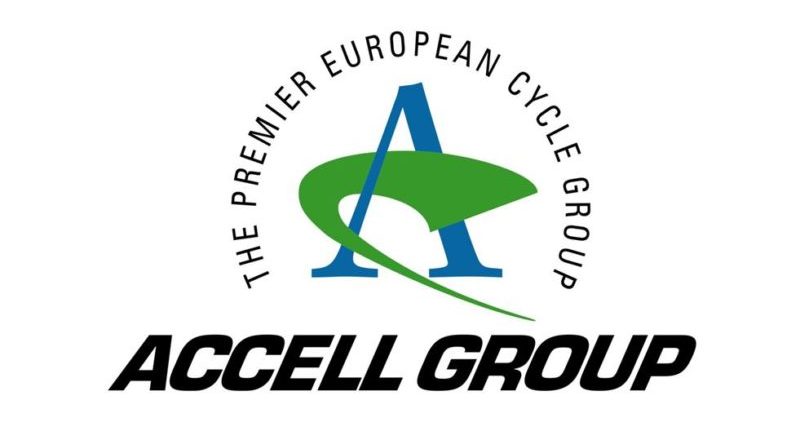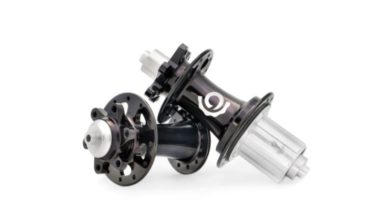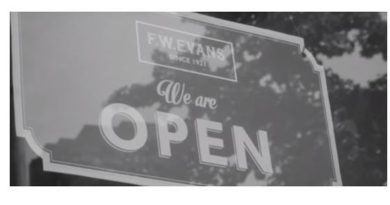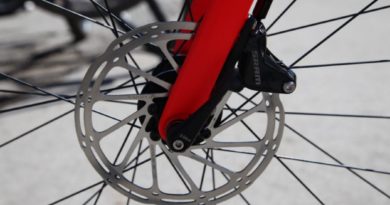Raleigh & Koga owner Accell sees profits up
Accell saw turnover and profit growth in 2018 and has sketched out plans for a ‘three-pillar omnichannel strategy’ to roll out in 2019.
The omnichannel strategy will include e-commerce platforms and experience centres, with the first single brand platforms will go live in H1 2019, the financial statement said.
Profits up in core markets while US struggles
Accell said its core markets, excluding North America, saw the ‘lead global. win local’ strategy pay off.
The owner of Haibike, Koga, Batavus and Raleigh saw H2 2018 net turnover growth accelerate to 10.4%, with an overall core turnover growth of 6.1%. Core business profit (EBIT) hit €54 million and €58.9m when excluding one-offs.
Outside Accell’s core business, net sales in the States declined -36%, with profit (EBIT) at -€21 million. Last year, Accell confirmed it was focusing on Europe and the US business separately. The group is undertaking a strategic study to explore its options, with the results expected Q3 2019.
Overall turnover grew 6.1%, while overall net profit increased significantly, up from €10.5 million to € 20.3 million, thanks largely to a €9.3 million revaluation gain on previous held interest in Velosophy (the parent to the Babboe cargo label).
The 2018 results made for significantly more positive reading after disappointing 2017 numbers.
Accell expects to see the ‘fit to compete’ programme provide supply chain savings, which covers a footprint reduction of factories that got underway in 2018. Complexity has been reduced in terms of SKUs and models too. Accell has also established the central organisation and integrated P&A in local sales teams, driving the XLC brand.
Meanwhile, Raleigh UK is looking to move its HQ elsewhere in Nottinghamshire.
‘2018 was a transition year’
Ton Anbeek, CEO of Accell Group: “2018 was an important transition year, a year in which a strong foundation for the future of Accell Group was laid. After the announcement of the sharpened strategy ‘Lead Global. Win
Local’ in March 2018 we changed the structure of our organisation and made additional costs for the further implementation of the strategy, especially investments in e-commerce, marketing, innovation and IT. From August 2018 onwards all regional and central teams have been up to strength and we are rolling out our omnichannel distribution strategy. In the second half of 2018 revenue growth accelerated and we achieved an improvement in the added value margin for the full year. Looking back on the year, we are satisfied with the progress made and the achieved results, strengthening our confidence in the strategy.
“The complexity in our assortment has been reduced by approximately 30% in most regions. Next to that a number of smaller and less efficient locations and entities have been divested. Progress has been made on the roll-out of new e-commerce platforms and experience centres, of which the first will go live in the first half of this year. The acquisition of our mobile bike service Beeline and the purchase of the e-cargo brand Babboe perform in line with the business case, with Babboe showing a strong net turnover in 2018. The introduction of the Haibike Flyon, the Lapierre E-Zesty and Xelius are expected to make a major contribution in 2019. The same goes for the KOGA Pace introduced in November 2018 and the Sparta M8B, elected only last week as winner of the ‘E-bike of the Year 2019’ in the Netherlands.
“The decision to focus on our growing core business shows that the strategic and financial targets for 2022 are realistic and within reach. We will finalise our strategic study with regards to North America as soon as possible in order to eliminate profit dilution of the non-core business.”



